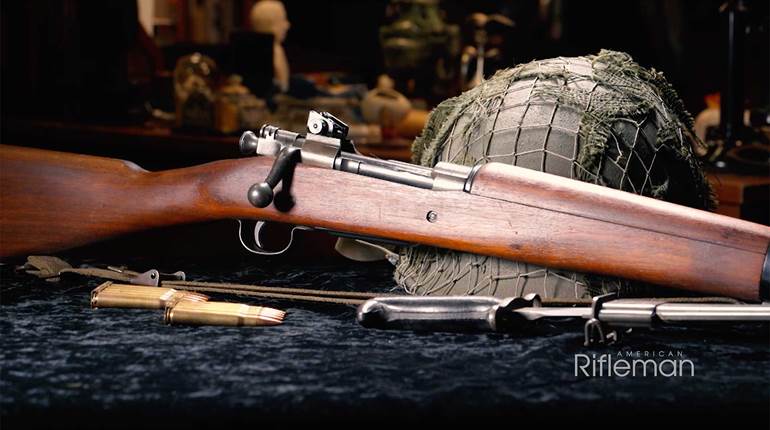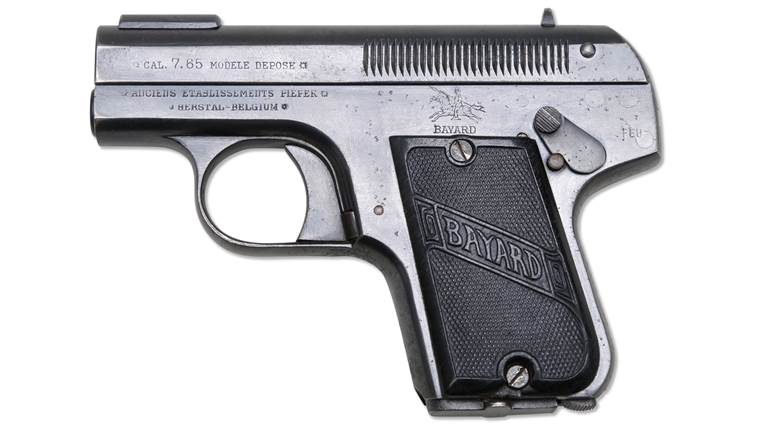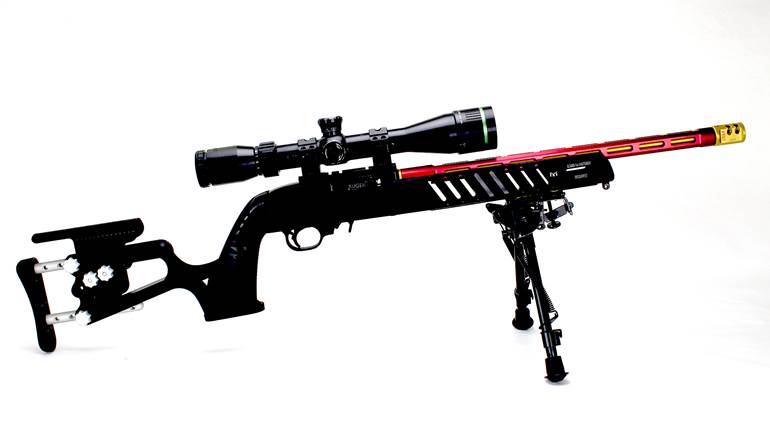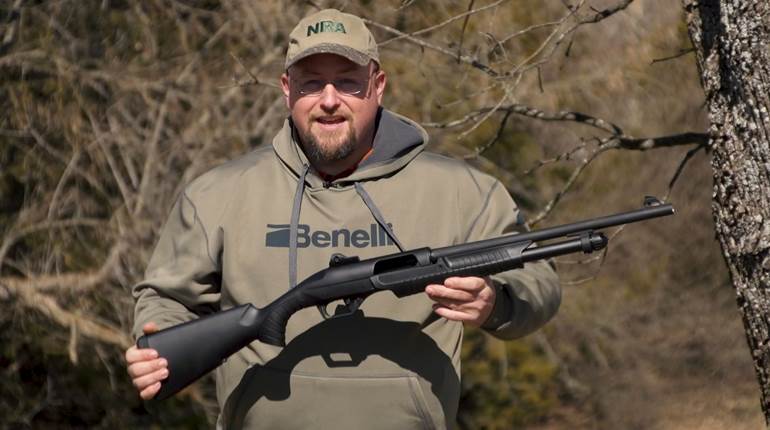
There is no doubt that regular care and maintenance will improve the reliability and longevity of any firearm. This is especially true when it comes to the defensive handgun that you may have to bet your life on. Now, at the outset, I'm going to assume that you know how to clean a handgun. What I'm about to share are some little maintenance tips that I've learned through the years of carrying a handgun.
To begin, let's look at one aspect of the cleaning challenge, namely the use of lead bullets. Years ago, somebody decided that all he or she needed to do to get lead out of the barrel was to fire some jacketed rounds downrange and those jacketed bullets would scrub the lead right out of the bore. After all, following this little technique, the bore sure looked a lot cleaner. Unfortunately, such is not the case. All the jacketed bullets do is flatten the lead into the rifling creating a situation where moisture can get under the lead and allow corrosion and rust to start. Sorry folks, you've just got to work with that wire brush and patches until you get the lead out. There's really no other way.
One of the next biggest issues with defensive handguns is lubrication, whether too much or too little. Too little lubrication causes undue friction on the various moving parts of the handgun and can lead to reliability issues. Too much lubrication attracts dirt and powder particles, which can also lead to malfunctions. A light lubrication, each time the handgun is cleaned, will keep it running and functioning reliably.
In selecting the proper lubricant for your handgun, it is wise to stay away from heavy oils and to avoid the use of WD-40. WD-40 is a great product and quite useful, but it is not designed to be used on firearms. In many cases it can leave a solid residue that can lead to malfunctions. It is also a penetrating oil, which means it is just about guaranteed to kill any primers that it comes in contact with. The products to use are any of the lightweight lubricating oils that are especially designed for firearms.
A light application of oil should be put on the barrel locking lugs, or the area where the barrel interacts with the slide and frame.Another drop of oil should be applied near the muzzle of the barrel where it interacts with a barrel bushing, or the front of the slide.Also in need of lubrication are the pistol's slide rails.Occasionally, you will want to put a drop of oil on the sear and trigger mechanism.
With autoloading pistols it is also important to give consideration to replacing the recoil spring.This spring can become weakened under continued use and, in this weakened state, allow the gun to batter itself unnecessarily.Replacing the pistol's recoil spring about every 2,000 rounds is a good habit to get into. After all, what is the cost of a recoil spring as compared to one's life?
A large majority of the auto pistol's malfunctions can generally be blamed on faulty magazines.They can become damaged in a number of ways and for a number of reasons. What is amazing is that so many shooters will just drop faulty magazines back in their shooting boxes and expect that, somehow, they will work okay during their next trip to the range. The proper place for a faulty magazine is the garbage can.
With revolvers, it is important to lubricate the area where the cylinder yoke joins the frame. Occasionally, remove the slide plate and lubricate the trigger, sear and trigger return areas. Depending on the local climate, lubricating the internal parts of a revolver should only be done about twice a year.
During each cleaning session with your revolver it is important to check the ejector rod and make sure that it is screwed in tightly. These have a tendency to loosen up and, when they get loose enough, they will tie up the gun, making it virtually impossible to swing the cylinder out. If it becomes evident that an ejector rod is continually getting loose, a drop of Loctite on the threads will solve the problem.
During the revolver cleaning session it is also important to elevate the cylinder's extractor star and clean out any unburned powder and residue that may have become trapped there. Failing to do this may cause the cylinder to become difficult to close if enough residue builds up in this area.
If you are uncertain about how to properly lubricate that new pistol or revolver, you will find that most companies now provide those instructions in the owner's manuals. Yes, I know guys, but read the instructions anyway. No one has to know that you actually read the instructions.
At the end of an evening, I generally lay my defensive handgun on the nightstand by my bed. For years, I've made it a practice to keep an oily gun rag in the same place. It just takes a minute to wipe the handgun down, getting fingerprints and dirt off of the exterior.
Regular cleaning and lubrication, along with the replacement of weak and worn parts, will keep a defensive handgun in good shape for a lifetime. And that's not a bad idea at all, considering that you may well have to bet your life on it.






































